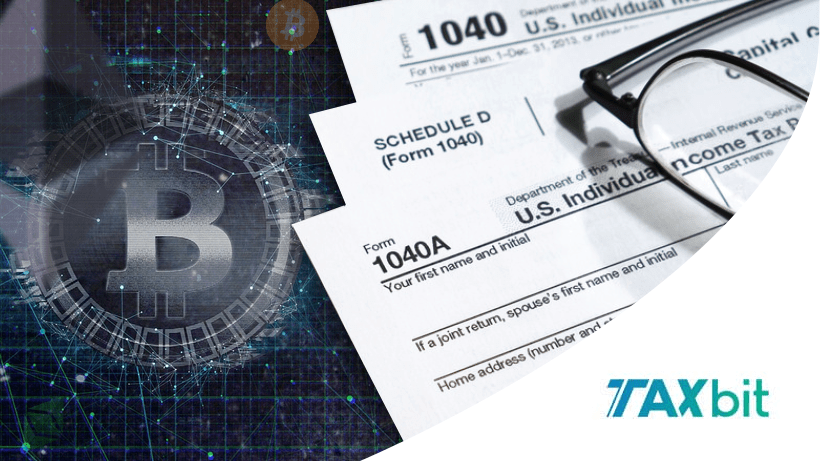Austin Woodward is a CPA and Co-Founder of TaxBit, a software that allows investors to “view the real-time tax impacts of all your crypto transactions”. Paying taxes on cryptocurrency is required by the IRS (and so is accurate reporting on digital assets), and TaxBit make this process easy for investors.
BitIRA: Tell us about your professional background and how that brought you to cryptocurrency.
Austin Woodward: I am a CPA and have been in the software industry my entire career. I was first introduced to cryptocurrency when I was preparing a client’s tax return and I noticed a bunch of cryptocurrency transactions. I created a model in Excel to calculate the taxes on them, and it became so complex that my CPA tax preparation fees ended up being more than the client owed in taxes! I immediately knew that this was a problem that software had to solve. At that time, I recruited the best founding team I could think of and we created TaxBit.
BitIRA: What is the greatest market need that TaxBit helps to address?
Austin: In order for cryptocurrency to become widely adopted and mainstream, government regulations must be followed. TaxBit solves all of the complexities of taxation on cryptocurrency. TaxBit gives real time visibility into the tax impact of a users cryptocurrency use, as well as automates all of the tax reporting requirements that a user is required to report. TaxBit does this in a user friendly way that anyone can understand, and at an extremely affordable price.
BitIRA: Within the US, how do you see the landscape of crypto taxation shifting in the next 3-5 years? What are the most important developments for crypto owners to keep an eye out for?
Austin: The largest tax reform in the last decade just went into effect on January 1, 2018 in the U.S. Anyone that understands tax legislation understands that changes of this magnitude do not come about very often. This change greatly affected cryptocurrency in particular. Before this tax reform, there wasn’t absolute clarity around if cryptocurrency was treated as property that was eligible for like-kind exchange treatment. What this means is that many people assumed that exchanging coins for new coins was not a taxable event. The new tax reform put an end to this assumption by clearly stating that cryptocurrency is not eligible for like-kind exchange treatment, and as a result, anytime a user exchanges a coin for another coin, that transaction is taxable.
BitIRA: For US citizens, what is generally the greatest point of confusion about how cryptocurrencies are taxed?
Austin: The biggest misconception is that cryptocurrency is only taxable upon converting it to fiat currency. The new tax reform in the U.S. that went into effect January 1, 2018 put an end to this misconception. Every cryptocurrency transaction is taxable, whether that be selling cryptocurrency for fiat, or even exchanging cryptocurrency for another cryptocurrency. Each of these transactions is required to be separately reported on an individual’s tax return. Sounds like a pain, huh! Well it is. But don’t worry, TaxBit alleviates this burden and will automate the entire process for you.
BitIRA: When it comes to taxation, what advice would you want to impart upon owners of cryptocurrencies?
Austin: I have heard from several cryptocurrency users that they aren’t going to worry about reporting taxes because cryptocurrency is anonymous and the IRS will never know. Don’t fall into this trap! The IRS has published very serious threats lately as to failing to report cryptocurrency transactions. You don’t need to take my word for it. The New York Times published an article titled “Do You Own Bitcoin? If So, the IRS Is Coming After You.” CNBC published an article titled, “How Cryptocurrency Investors Could Find Themselves Behind Bars” referring to tax evasion. Tax evasion can be criminal. It is not worth trying to avoid taxes. Use TaxBit, comply, and have peace of mind!






